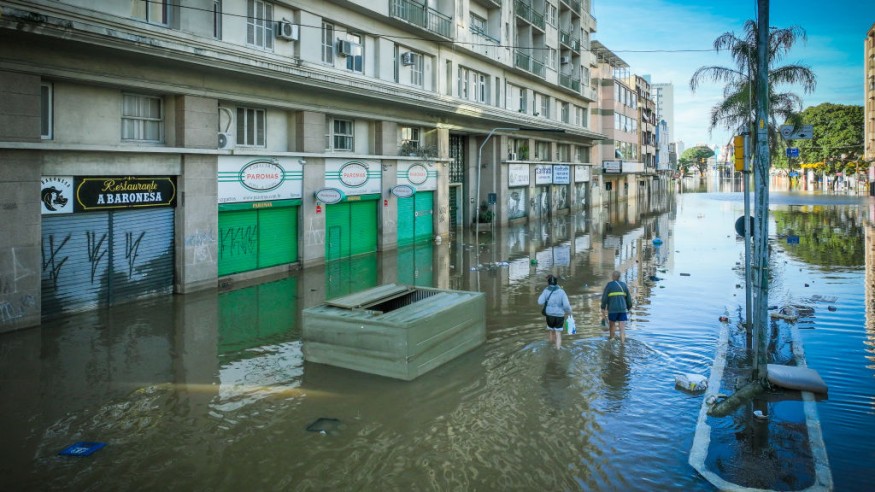
Nine small island states made history in a landmark climate change case after the International Tribunal for the Law of the Sea (ITLOS), which rules that all parties to a United Nations treaty on marine activities must do more to safeguard the world's seas from climate change.
Climate Change Case
The nations filed the lawsuit in September after realizing that climate change was having disproportionate consequences. The polar ice caps are melting faster due to rising ocean temperatures, which puts small islands at risk.
Vanuatu, Tuvalu, Antigua and Barbuda, Niue, Palau, St. Kitts and Nevis, St. Lucia, and St. Vincent and the Grenadines are among the nations.
In light of the rising sea levels, record-breaking temperatures, and ocean acidification brought on by the burning of fossil fuels and other greenhouse gas emissions, the island governments had sought the court to define what constituted marine pollution under the treaty.
According to the ruling of the court, nations that produce the pollution have a "particular obligation to take all necessary measures to ensure that... Since carbon emissions also contaminate the sea, the case may have an impact on future regulations governing greenhouse gas (GHG) emissions. Emissions under their authority or control do not harm other states or their environment.
The 169 parties to UNCLOS "have the specific obligations to take all necessary measures to prevent, reduce, and control marine pollution from anthropogenic GHG emissions and to endeavor to harmonize their policies in this connection," as stated in a statement by the International Tribunal for the Law of the Sea.
Small island countries that are extremely vulnerable to climate change but have little economic clout have long been ignored by a series of international meetings where commitments to reduce carbon emissions have fallen well short of what is needed to prevent the worst effects of climate change.
Influence Of The Ruling
Climate activists and lawyers said the decision could influence two opinions on states' climate obligations that are pending from the Inter-American Court on Human Rights and the International Court of Justice.
A similar potential precedent was laid down last month, when the European Court of Human Rights agreed with plaintiffs who argued that Switzerland was violating their human rights by not doing enough to combat climate warming.
"To those that would hide behind the weaknesses of international climate treaties, this opinion makes clear that compliance with the Paris Agreement alone is not enough," said Nikki Reisch, director at the Centre for International Environmental Law.
Tuvalu's representative, Eselealofa Apinelu, stated that the ruling on Tuesday made it abundantly evident that all governments had a legal obligation to safeguard other states as well as the maritime environment from the grave dangers posed by climate change.
He described it as "an important first step in holding the major polluters accountable" .
However, achieving coordinated worldwide action will not be easy. The largest carbon polluter in the world, China, has contended in court that the Tribunal lacked broad jurisdiction to make advisory decisions since doing so would break up international law.
© 2026 NatureWorldNews.com All rights reserved. Do not reproduce without permission.





